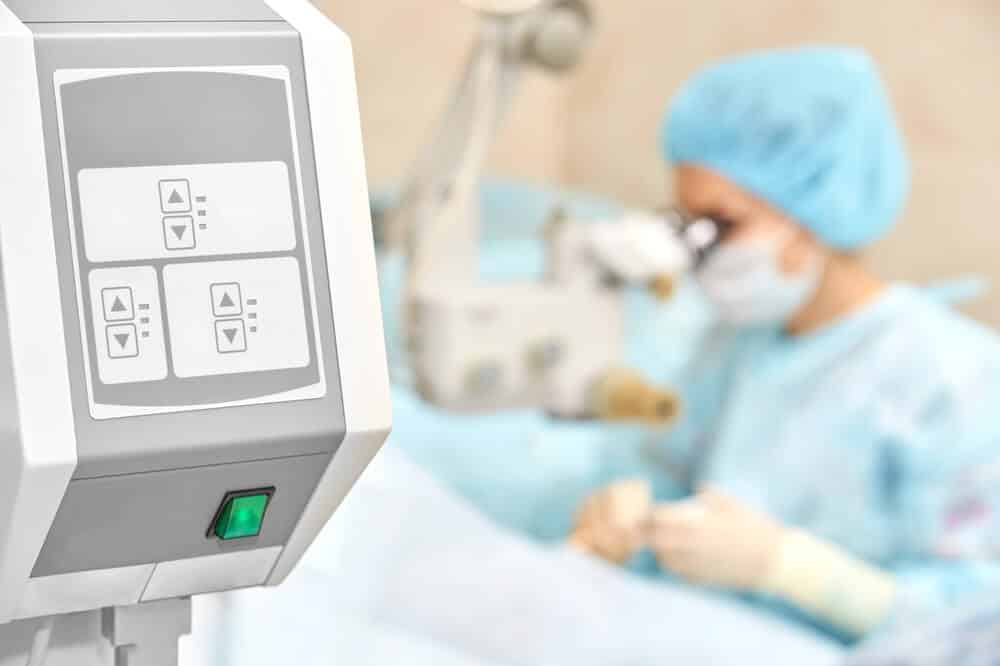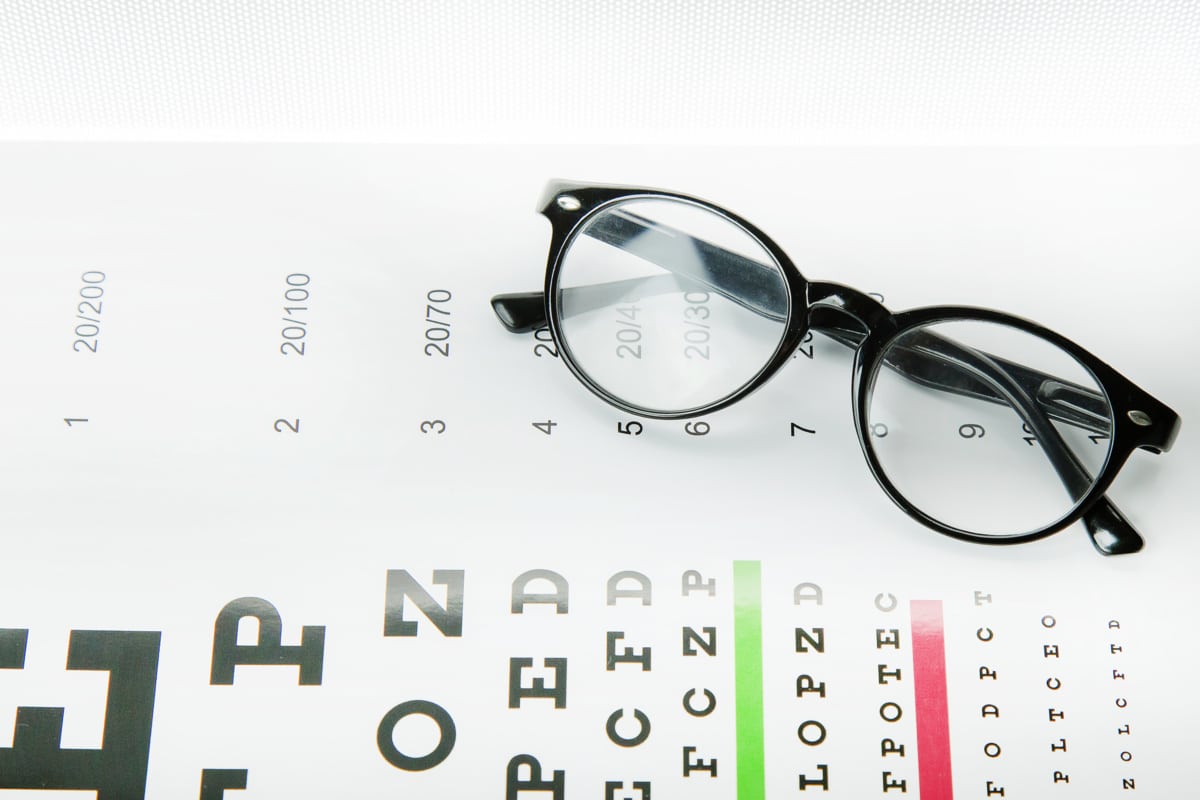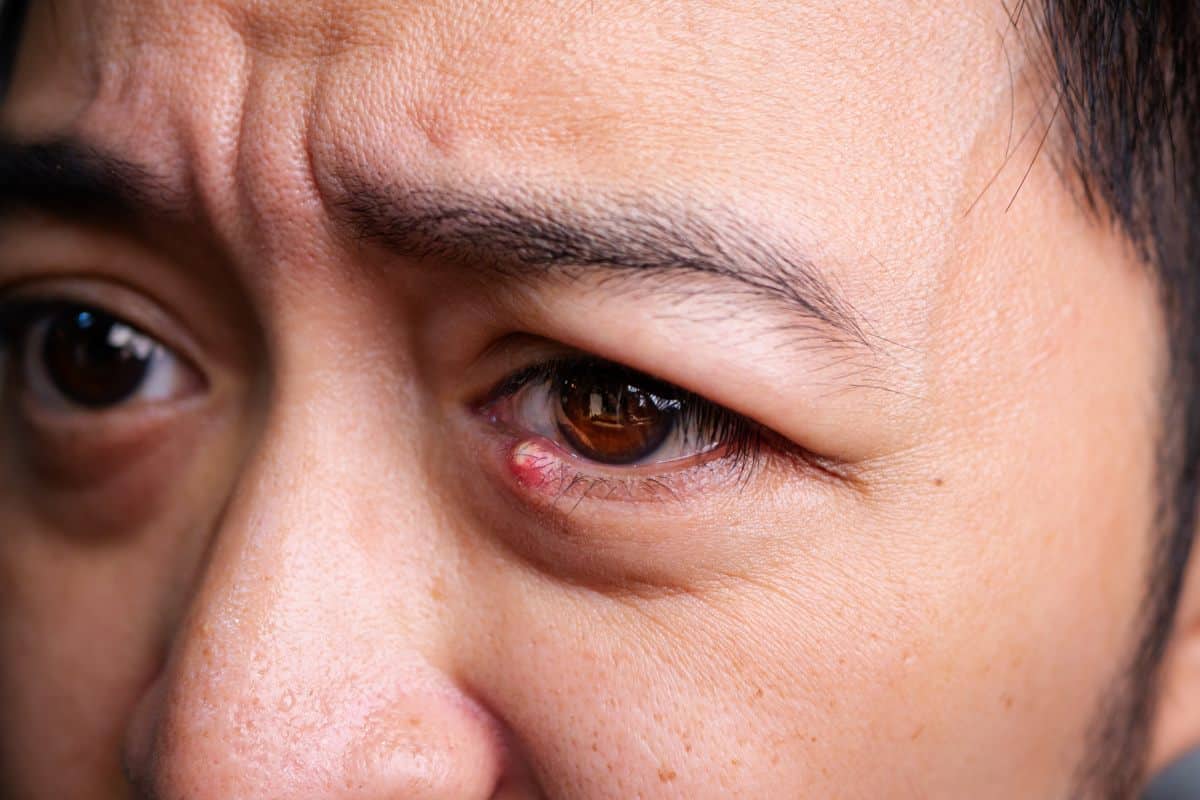When people first consider LASIK eye surgery, they’re often drawn to the promise of clearer vision without the constant need for glasses or contact lenses. But what happens if the results don’t last forever? Is it possible to undergo LASIK more than once?
Many patients wonder if a second procedure is an option when their vision begins to change after the initial surgery. Let’s explore the conditions under which a person might need a second LASIK surgery, the associated risks, and why some may opt out of the touch-up procedure.
Can You Get LASIK Eye Surgery Twice?
Yes, it’s possible to undergo LASIK eye surgery twice, and many people do opt for a second procedure, often called a “LASIK enhancement” or “touch-up.” These enhancements are typically performed to adjust vision changes that occur after the initial surgery. Common reasons for this adjustment include changes in your prescription or the return of minor vision problems like blurred distance vision. However, LASIK enhancements aren’t for everyone and are only recommended under specific circumstances.
When Might You Need LASIK Surgery Again?
One of the primary reasons someone may seek a second LASIK eye surgery is a change in their prescription. LASIK is often performed when the patient’s prescription has stabilized, but if the surgery is done too early, the eyes may continue to change afterward. When this happens, a person may notice blurred vision returning, especially at distances.
In cases where a patient is seeking freedom from even slight reliance on glasses or contact lenses, they may consider a touch-up. For instance, if you still have a minor residual prescription and experience difficulty seeing at a distance, LASIK surgery twice could help correct this issue. However, it’s important to note that minimal distance blur is often not enough reason to immediately pursue another surgery.
What Are the Risks of Having LASIK Surgery Twice?
The risks associated with a second LASIK procedure are similar to the risks of the initial surgery. The most common concerns include:
- Dry Eyes: LASIK can cause dry eyes, especially in the first few months following surgery. This risk is similar whether it’s your first surgery or a second touch-up.
- Glare or Halos: Some patients report seeing glare or halos around lights, particularly at night. This issue can also arise after a second LASIK surgery.
While these risks are not significantly heightened during a second surgery, they are worth considering. If your vision issues are minor, your doctor may recommend alternatives like part-time glasses to avoid these potential side effects.
Why Not Get LASIK Touch-Ups for Minor Vision Issues?
Not everyone is a candidate for LASIK surgery twice, especially if their remaining vision issues are minimal. Some patients experience slight blurriness at a distance after their first LASIK procedure, but their overall vision still allows them to function without major reliance on glasses or contacts. In these cases, the patient may be surprised that their vision isn’t “perfect,” but this doesn’t necessarily mean a second LASIK procedure is the best solution.
For many patients, slight imperfections in their vision can be managed with part-time glasses rather than undergoing a second surgery. In fact, it’s common for doctors to recommend trying glasses for certain activities like driving at night before considering a LASIK touch-up.
If your dependency on glasses or contact lenses has been significantly reduced, you might find that the freedom gained from the first LASIK surgery outweighs the slight need for corrective lenses. For patients who still feel the desire for completely independent vision, further surgery can be discussed with their doctor.
Conclusion

Undergoing LASIK eye surgery twice is a viable option for those experiencing a prescription change or slight residual blurriness after their first procedure. However, it’s important to weigh the risks and benefits. The potential for dry eyes, glare, or halos at night remains a factor, and for some patients, part-time glasses can be a suitable alternative to a second surgery.
Consulting with an eye specialist is essential to determine whether a second LASIK procedure is necessary or if alternative options like glasses may be a better choice. If you are considering an enhancement procedure, contact Art of Optiks today to discuss your vision and the options available to you.




